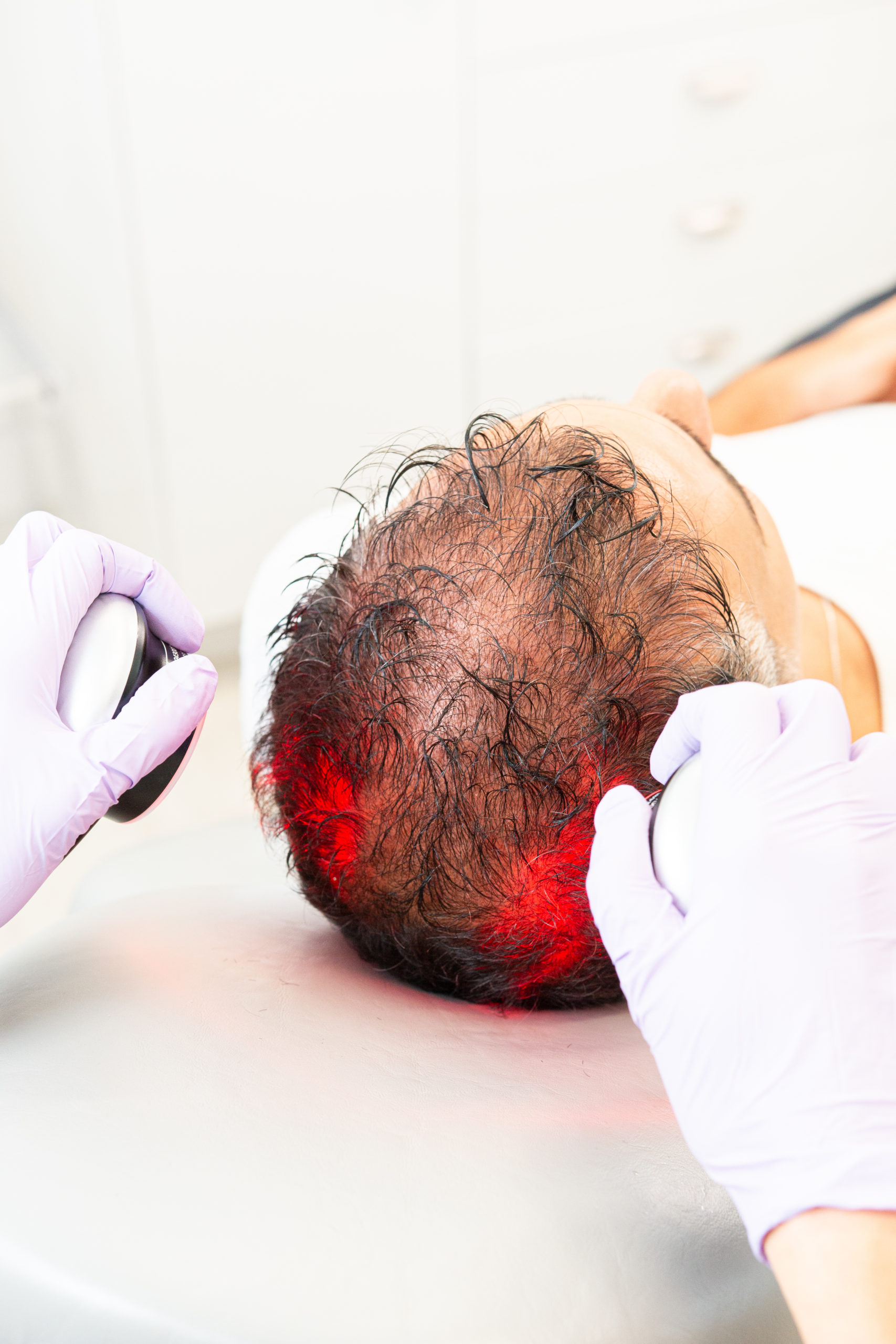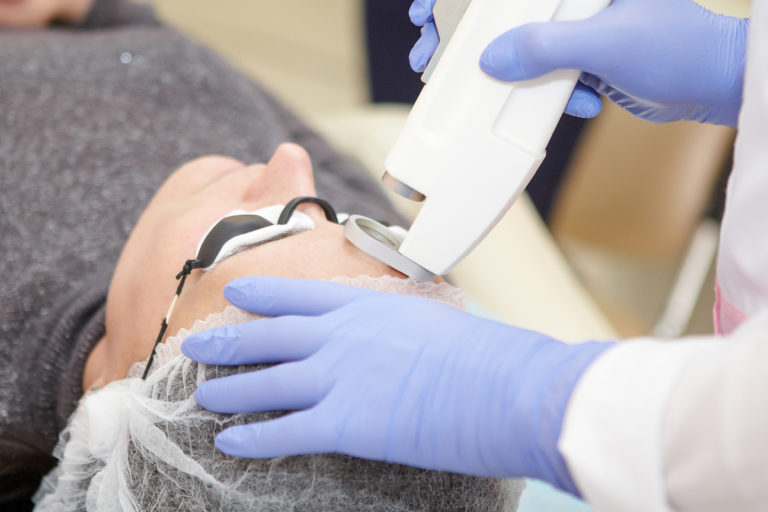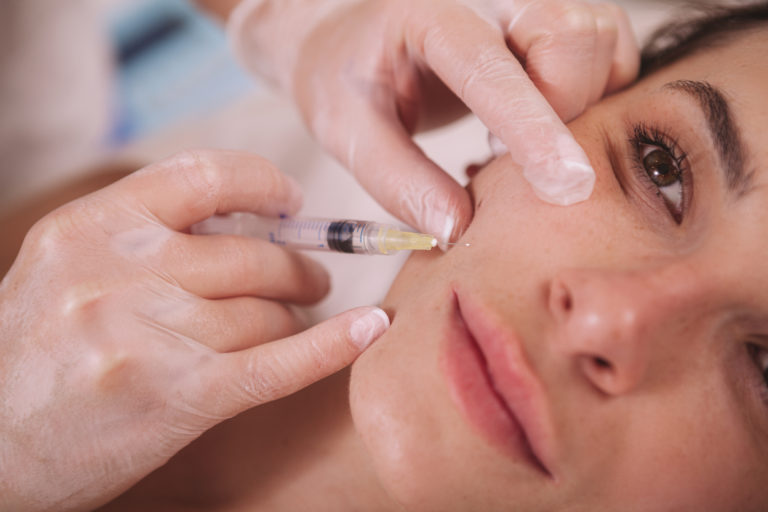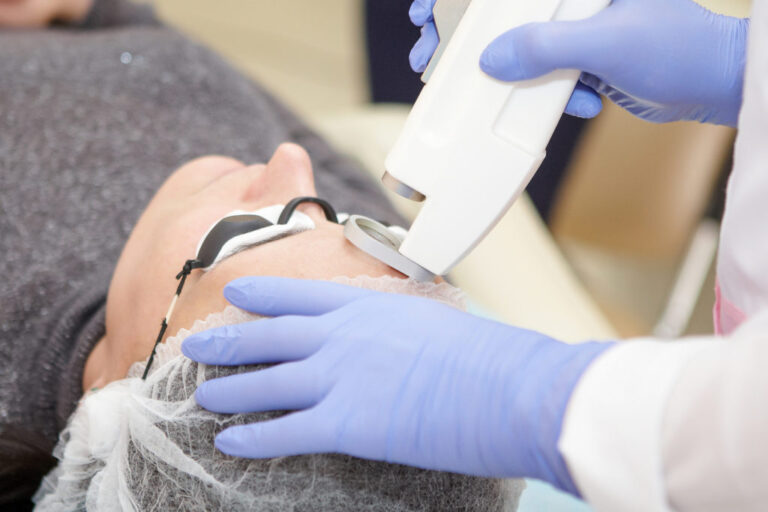In the dynamic climate of Florida, the interplay between sun, humidity, and seasonal changes poses unique challenges to hair health. Does weather affect hair loss in Florida? This exploration unravels the impact of the state’s weather on diverse hair types and provides actionable tips to preserve and protect your locks in the face of these environmental influences. Hair loss can manifest in various ways, each requiring tailored treatment plans. Here are some common types experienced by Floridians: This hereditary condition, commonly known as male-pattern baldness or female-pattern hair loss, is the most prevalent cause of hair thinning and loss. This temporary hair loss results from various triggers, including stress, illness, dietary deficiencies, and hormonal changes. This autoimmune disorder causes patchy hair loss on the scalp, eyebrows, or other body areas. This hair loss is caused by excessive tension on the hair follicles, often due to tight hairstyles like braids or ponytails. This is a mental health condition that involves compulsive hair pulling, leading to hair loss. Florida’s weather is known for its extremes, from scorching summers to milder winters. Understanding how these weather conditions can impact hair health is crucial for residents seeking to maintain a full and healthy head of hair. The high humidity levels in Florida can lead to increased frizz and moisture absorption, weakening the hair shaft. This can make hair more prone to breakage and contribute to hair loss over time. Prolonged exposure to the intense Florida sun can damage hair proteins, leading to dryness and brittleness. UV rays can also penetrate the scalp, potentially affecting hair follicles and contributing to hair loss. While Florida’s winters are relatively mild compared to other parts of the country, changes in temperature and humidity levels during this season can still impact hair health. Humidity is a significant factor affecting hair health in Florida. The constant moisture in the air can lead to various issues: High humidity levels can cause the hair to absorb excess moisture, leading to frizz and an unruly appearance. This can be particularly challenging for individuals with curly or wavy hair. Humidity can compromise the structural integrity of the hair shaft, making it more susceptible to damage and breakage. Gradually, this can lead to the occurrence of hair loss. While Florida’s winter may not be as severe as in some other states, residents still experience changes in weather patterns that can impact hair health. Understanding the specific concerns during this season is crucial for maintaining a healthy head of hair. During winter, the air in Florida tends to be drier, which can lead to increased dryness and brittleness in the hair. It’s important to moisturize and hydrate the hair to prevent breakage. Sudden temperature drops, though rare in Florida, can still occur. Extreme temperature changes can stress the hair and contribute to issues like split ends and breakage. Maintaining healthy hair in Florida’s diverse climate requires a thoughtful and targeted approach to hair care. Follow these essential tips to prevent and minimize hair loss: Keep your hair hydrated by using moisturizing shampoos and conditioners. Deep conditioning treatments can provide an extra boost of moisture, especially in the dry winter months. Apply hair products containing UV protection to safeguard your hair from the damaging effects of the sun’s rays. Additionally, wearing hats or scarves when outdoors can provide an extra layer of protection. Avoid tight hairstyles that can pull on the hair and contribute to breakage. Opt for loose styles, and use gentle hair ties to minimize stress on the hair shaft. Ensure you’re getting a balanced diet rich in vitamins and minerals essential for hair health. Nutrients like biotin, vitamin E, and omega-3 fatty acids support strong and healthy hair growth. If you’re experiencing excessive hair loss or suspect an underlying medical condition, consult a board-certified dermatologist. There are state-of-the-art aesthetic and medical dermatology practices in Fort Lauderdale that offer a personalized approach to treating hair loss, using the latest evidence-based technology. There are effective treatment options, which may include: Medications such as minoxidil and finasteride, available by prescription, can promote hair growth. Platelet-rich plasma (PRP) therapy or steroid injections can promote hair growth by improving scalp circulation. Low-level laser therapy can stimulate hair follicles and promote hair growth. In severe cases, hair transplantation can be a viable option to restore lost hair. This video provides a great overview of KeraLase Treatment for Hair Loss:Understanding Different Types of Hair Loss in Floridians
Androgenetic Alopecia
Telogen Effluvium
Alopecia Areata
Traction Alopecia
Trichotillomania
Can Different Types of Weather Cause Hair Loss in Florida?
Humidity and Hair
Sun Exposure
Seasonal Changes
Impact of Florida’s Humidity on Hair Health
Increased Frizz
Weakened Hair Shaft
Exploring Hair Loss Concerns in Florida’s Winter
Dry Air and Hair
Temperature Fluctuations
Essential Hair Care Tips to Prevent Hair Loss in Florida
Hydrate Regularly
Protect from UV Rays
Gentle Styling Practices
Balanced Diet
When to See a Doctor: Professional Treatments for Florida’s Climate
Medications
Scalp injections
Laser therapy
Hair transplantation:
While Florida’s weather can present challenges for hair health, it’s possible to maintain strong, healthy locks with proper care and attention. By understanding the impact of weather on your hair and implementing the right strategies, you can protect your strands from damage and promote healthy hair growth. And if you experience concerns, remember that our expert team of dermatologists is available to guide you toward optimal hair health. While rain itself doesn’t cause hair loss, frequent exposure to rainwater can strip the hair’s natural oils and leave it dry and brittle. This can increase the risk of breakage and hair loss. Yes, chlorine and salt water can be harsh on hair, stripping its natural oils and causing dryness, breakage, and discoloration. It’s essential to rinse your hair thoroughly with clean water after swimming and use protective hair treatments. While allergies themselves don’t cause hair loss, the intense itching associated with allergic reactions can lead to hair pulling and breakage, resulting in hair loss. Consult your doctor if you experience severe itching or hair loss during allergy season. Biotin, Vitamin D, Iron, and Omega-3 fatty acids may be particularly beneficial. Can hair loss due to Florida weather be reversed? The extent of reversal depends on the severity and cause of hair loss. Early intervention and implementing proper hair care practices can often reverse hair loss caused by environmental factors like Florida’s climate. However, addressing underlying medical conditions or genetic predispositions may require additional medical interventions.Conclusion: Maintaining Healthy Hair in Florida’s Diverse Climate
FAQs about Hair Loss and Florida’s Weather
Does Florida’s rainy season affect hair loss?
Can chlorine and saltwater damage my hair in Florida?
Can seasonal allergies cause hair loss in Florida?
Are there any vitamins or supplements specifically beneficial for hair growth in Florida?
Education:
• Summa cum laude graduate from the University of Florida with dual degrees in chemistry and nutritional science
• Top of the class at Nova Southeastern University's medical school
Dermatology Residency:
• Chief Resident in the dermatology residency program at St. Barnabas Hospital, Bronx, New York
Academic Positions:
• Faculty attending physician at Columbia University, New York Presbyterian Hospital
Certifications:
• Fellow of the American Academy of Dermatology
• Fellow of the American Osteopathic College of Dermatology





